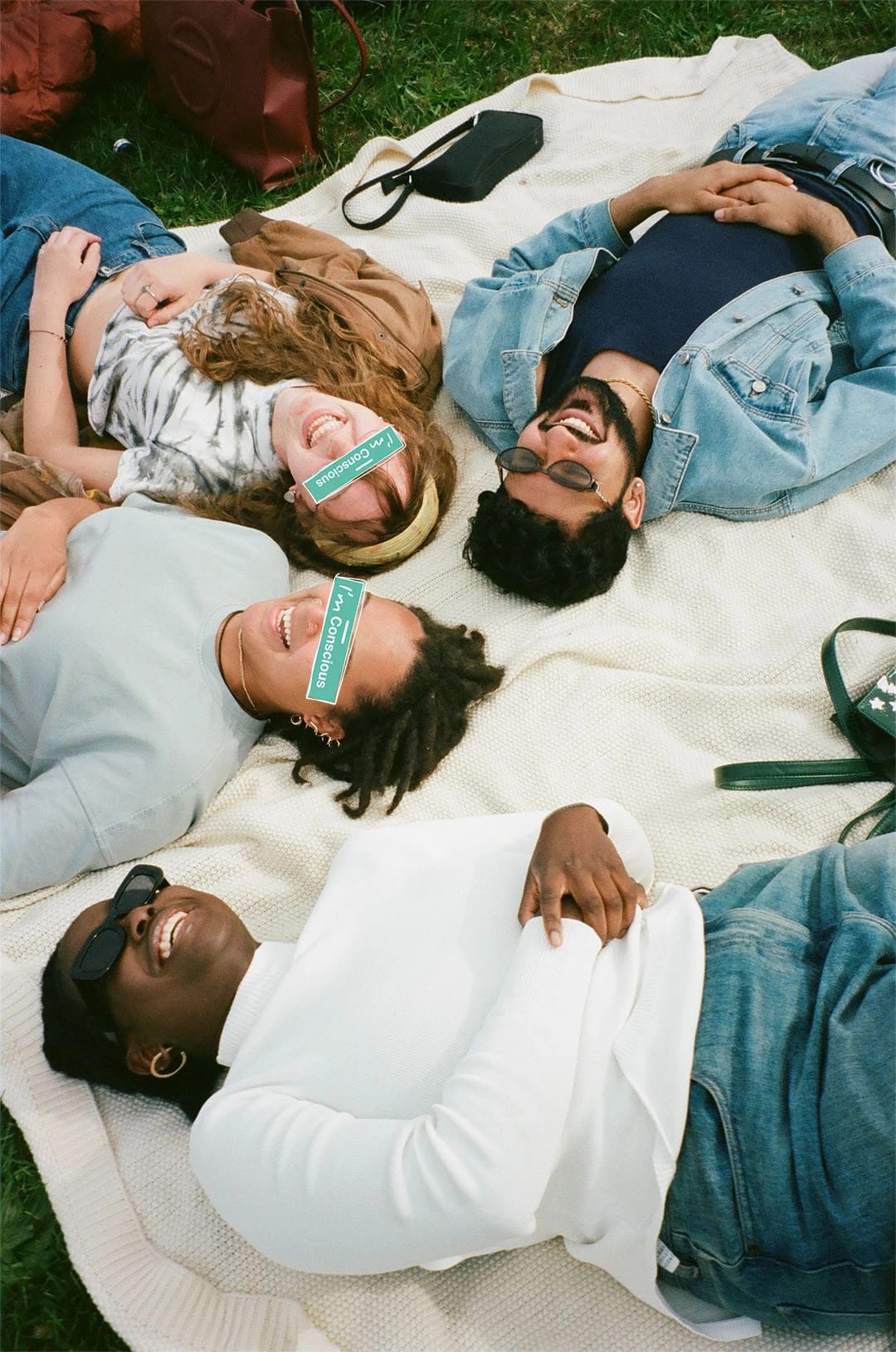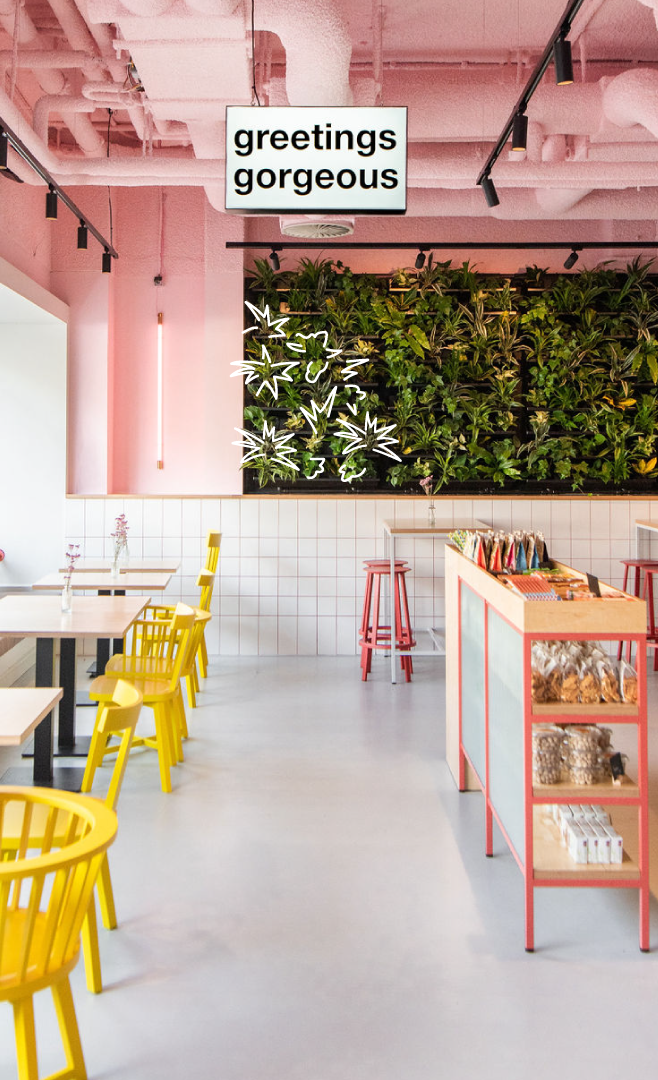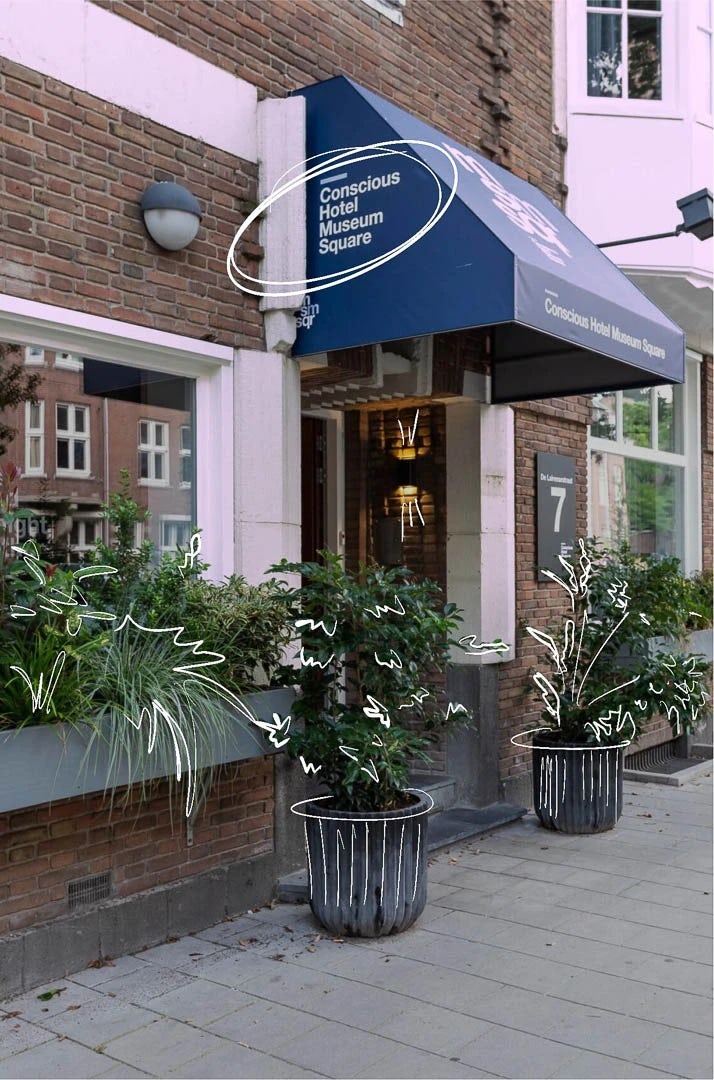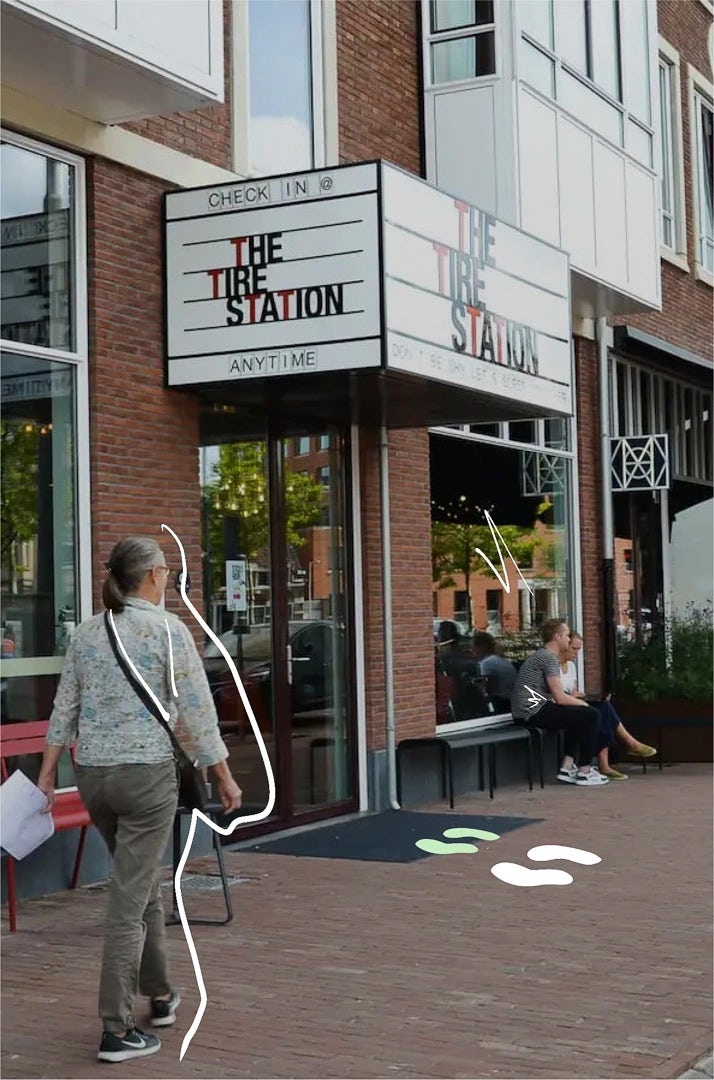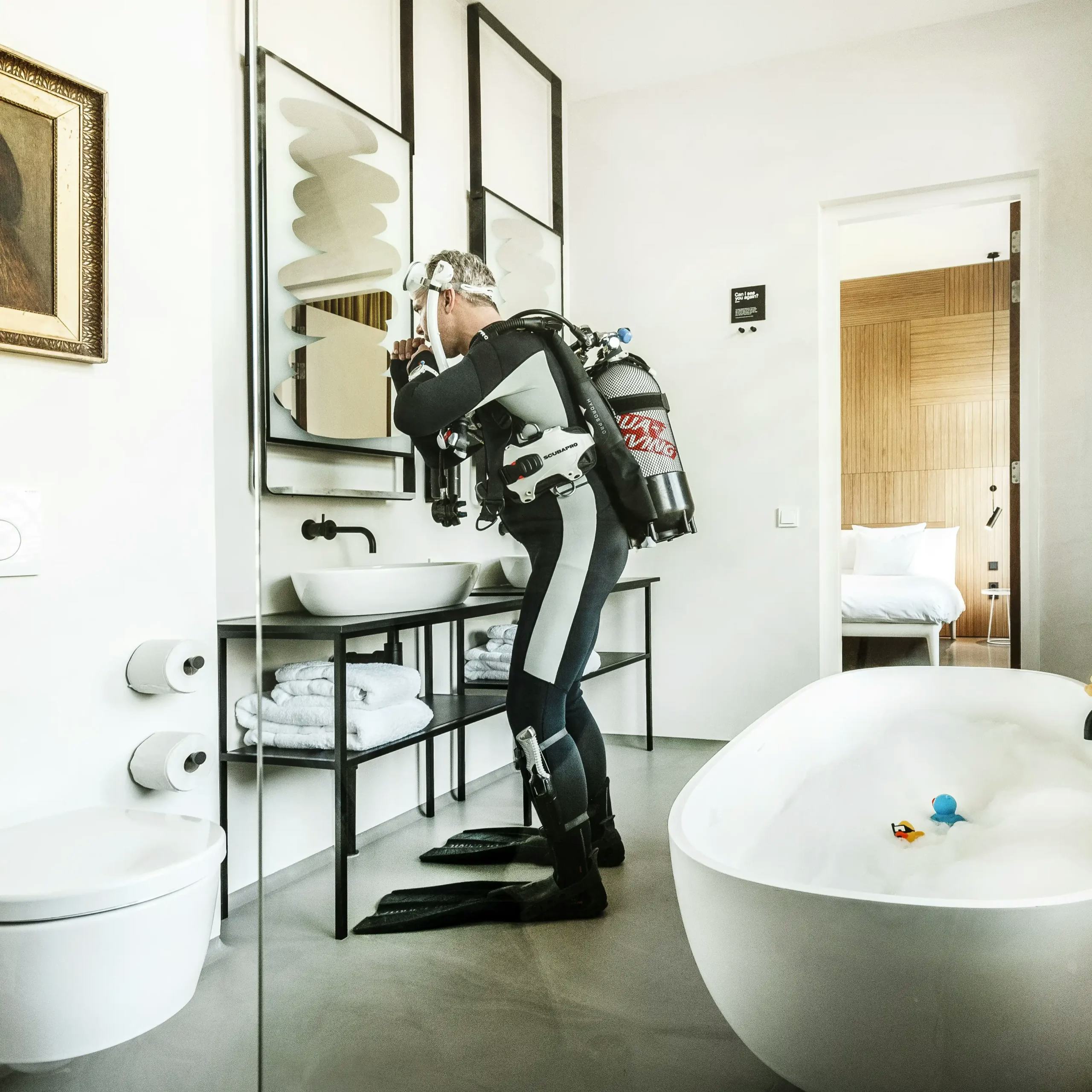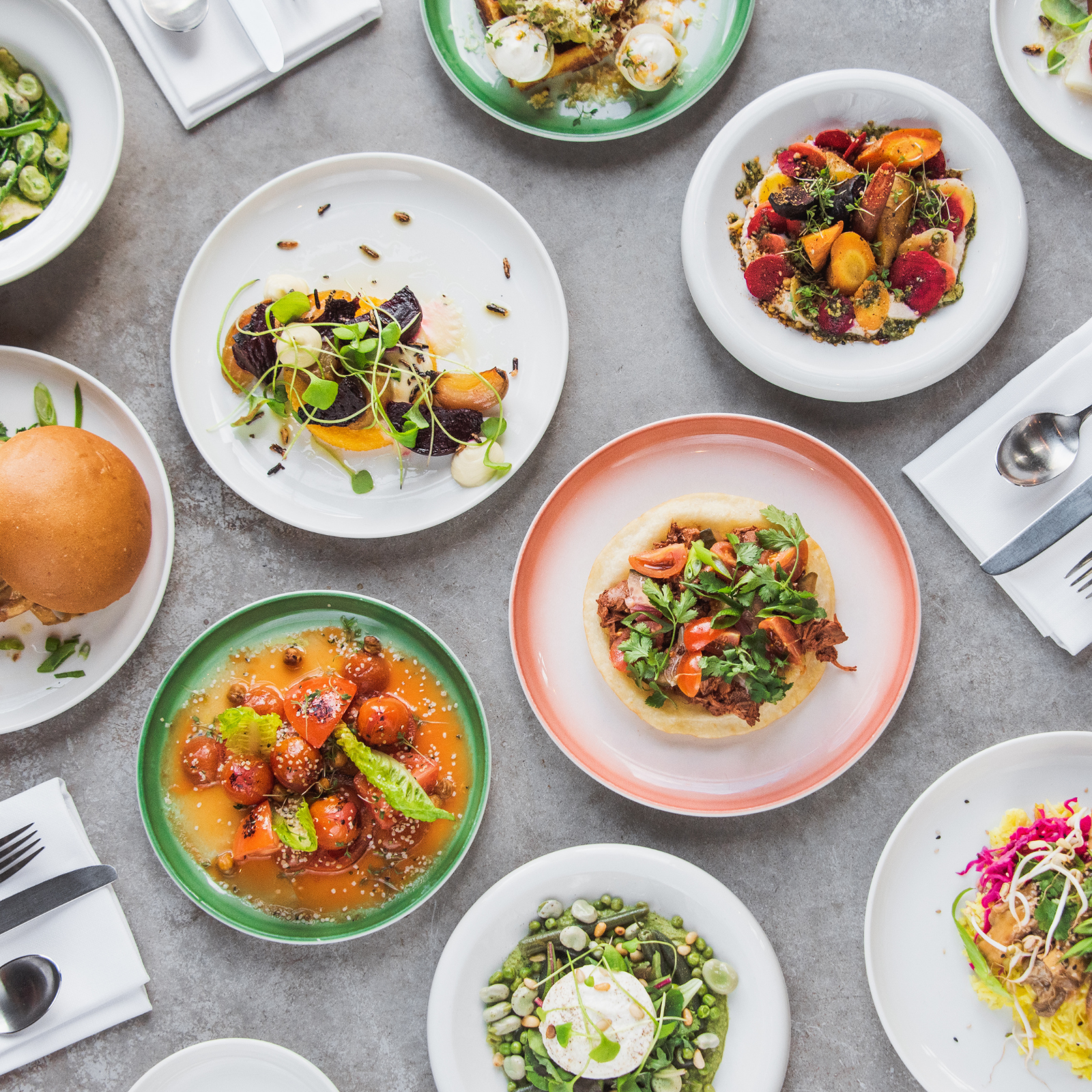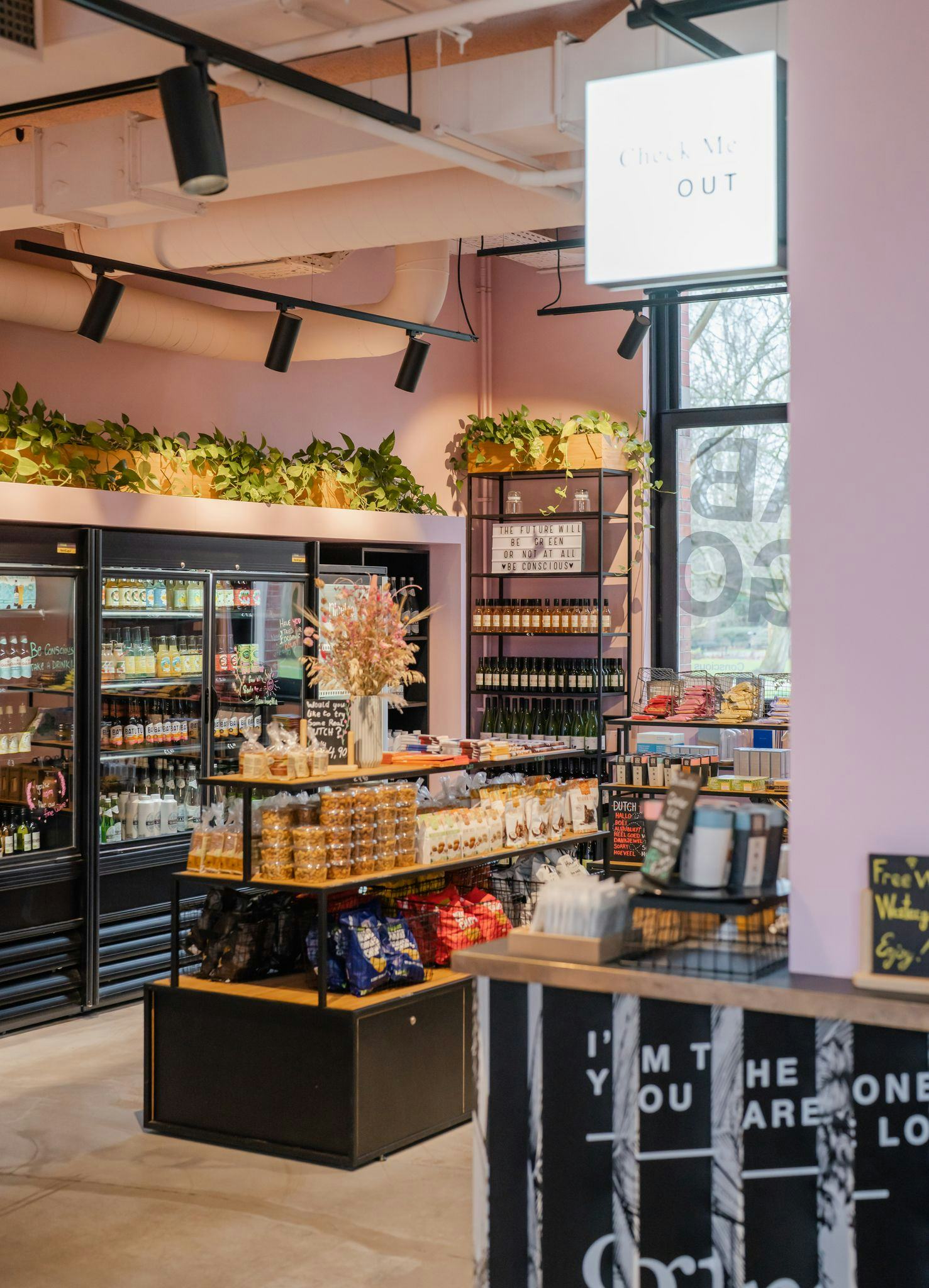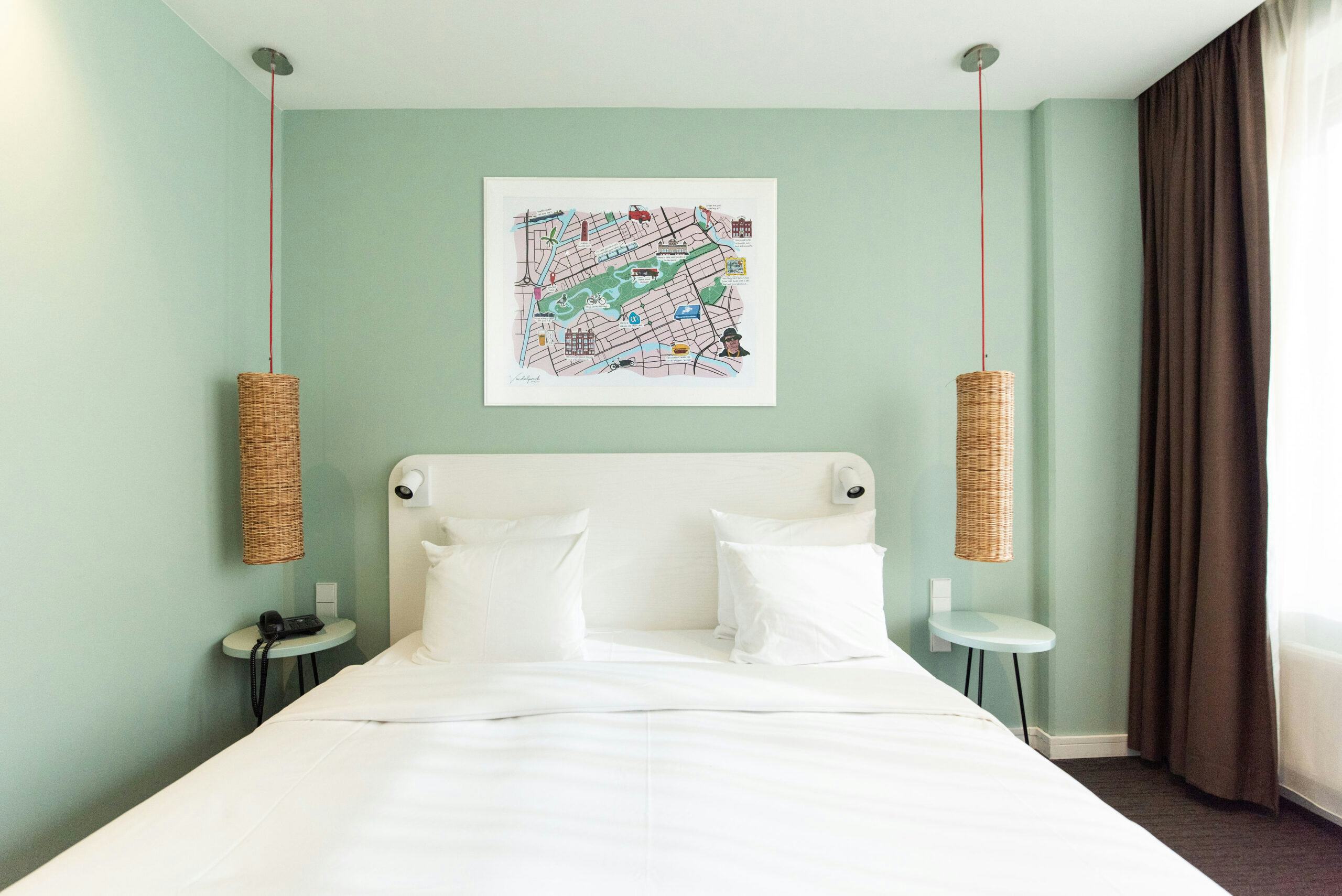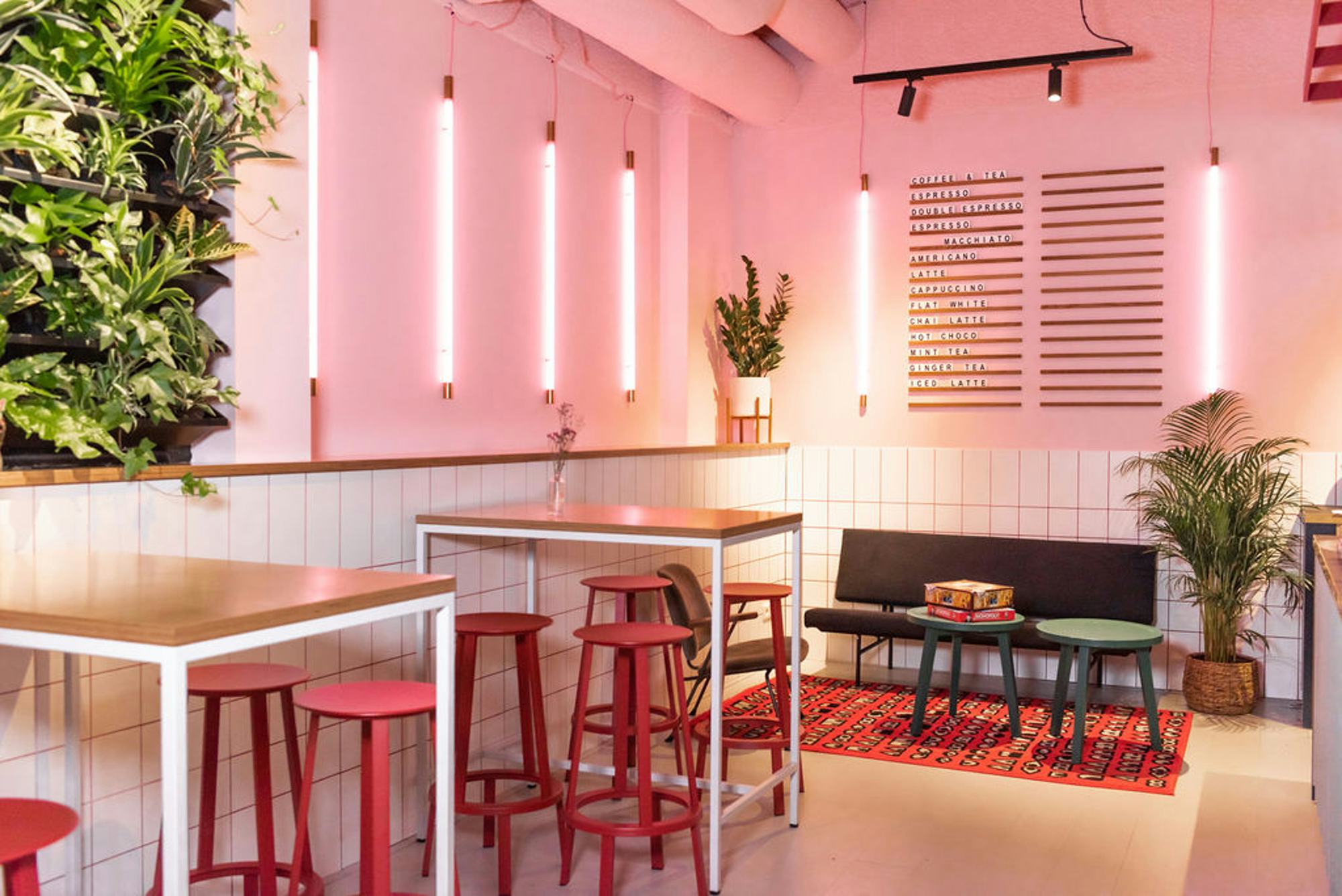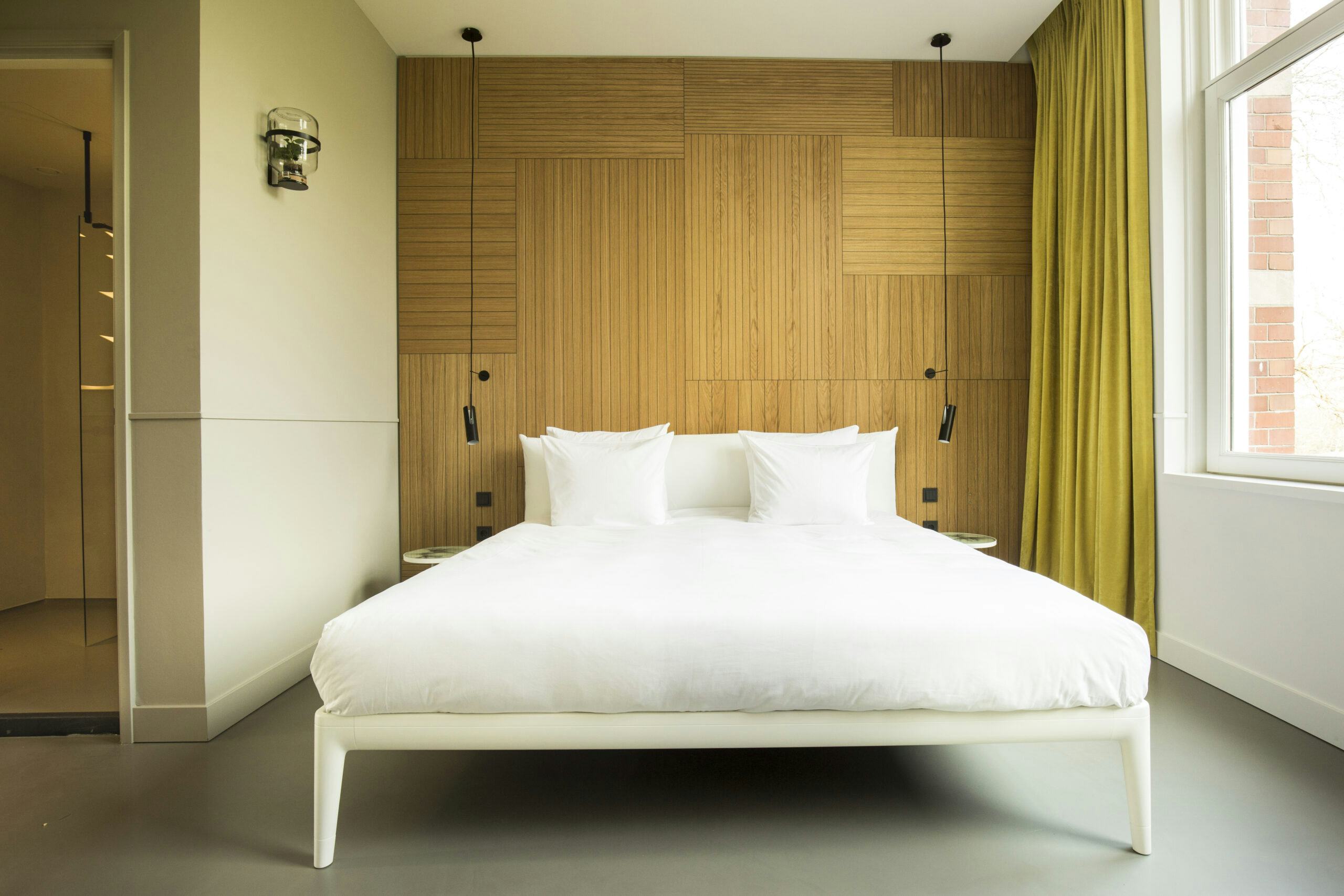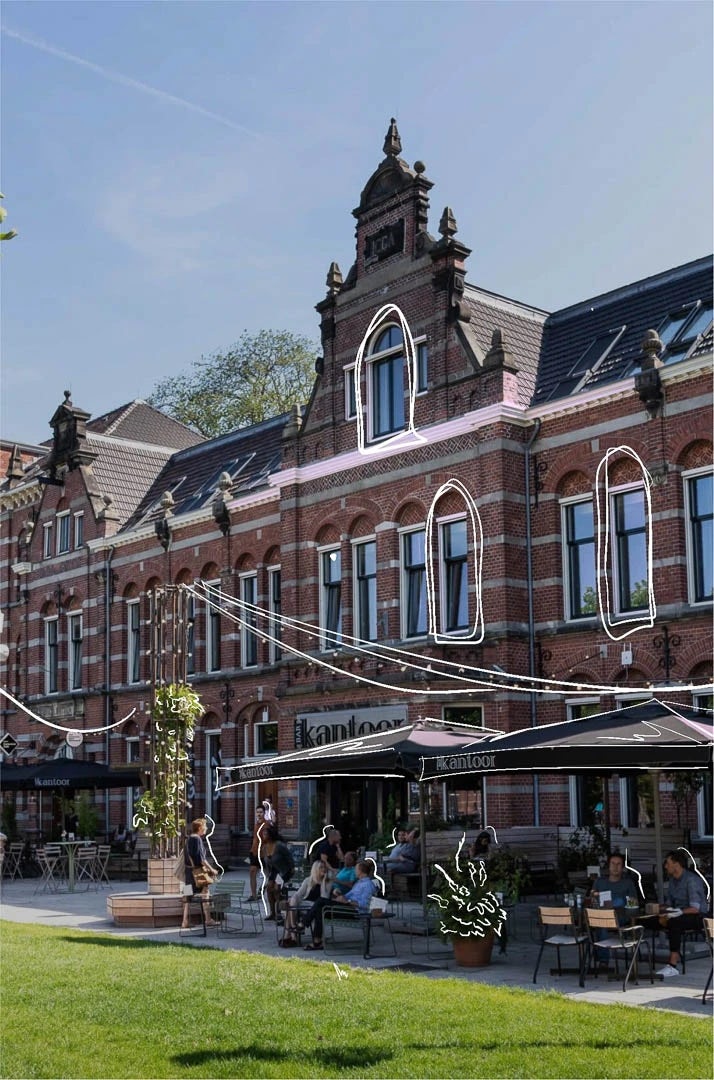
Eco-Sexy.
Big Smiles.
Sustainable. Comfortable.
Sustainable. Comfortable.
All of our hotels in Amsterdam have their own style and interior design, but they have one thing in common: they are all sustainable and incredibly eco-sexy. We want to look good and do good, too.
We do it differently by combining stylish design and playfulness with sustainability, calling it Eco-Sexy. This is felt throughout your entire stay. From small notes in the rooms that tell guests about the recycled furniture and water-saving showers, to every bite and drink that is served to be fully organic. There is no stopping us from delivering the eco choice while maintaining a high level of comfort.
0:00
0:00

Take a ride on the green side
From simple self check-in to boutique bathroom amenities, we bring the best of a hotel without any of the formality. And all of our hotels in Amsterdam are located next to green parks, such as Vondelpark, Westerpark and Museum square.
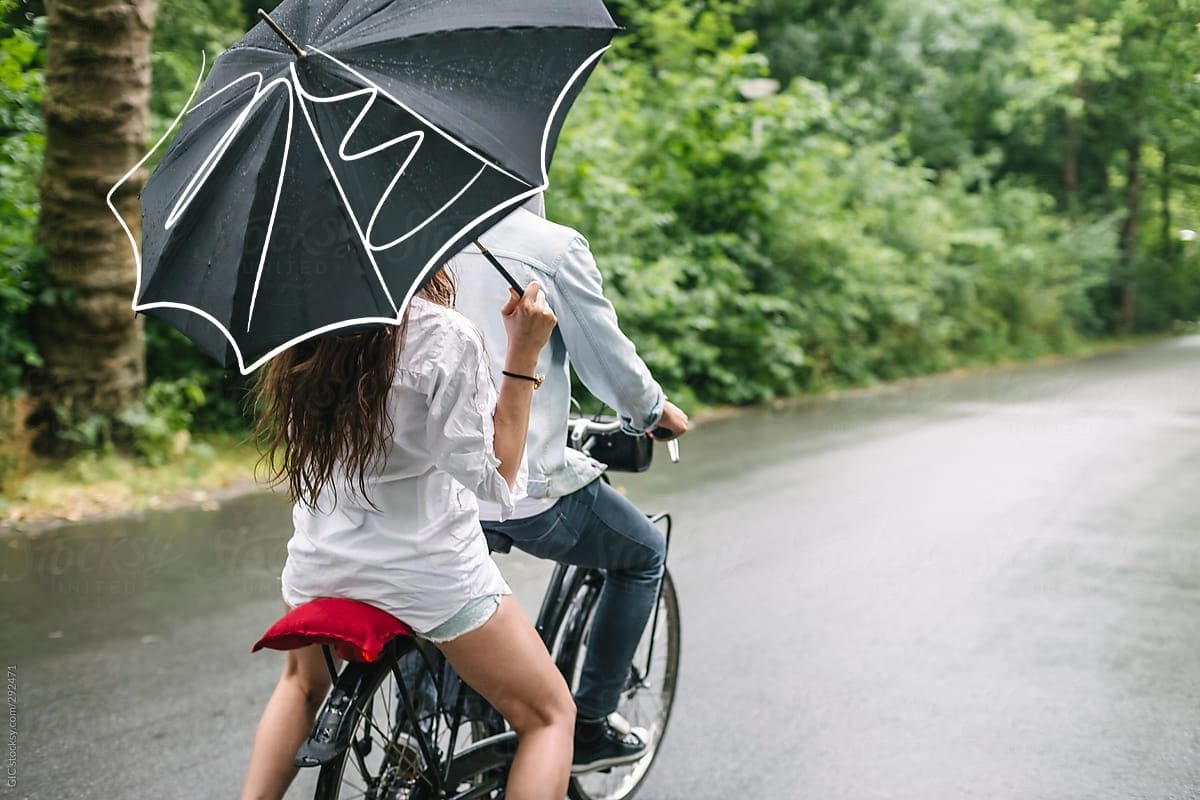
Things that make us Conscious
Let’s keep in
touch
Let’s keep in
touch
Don’t want to miss out on what’s happening, offers, sustainability and other cool stuff? Neither do we, and we love to keep you up to date. Let’s stay in touch, and we’ll make sure you receive a dose of awesomeness and insider tips right in your inbox
